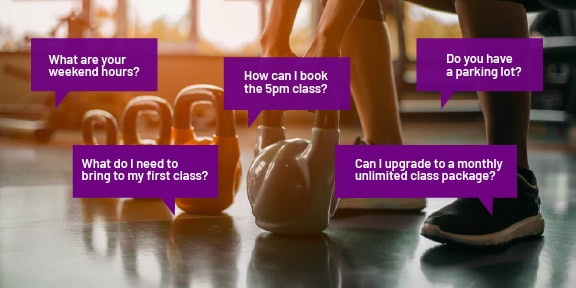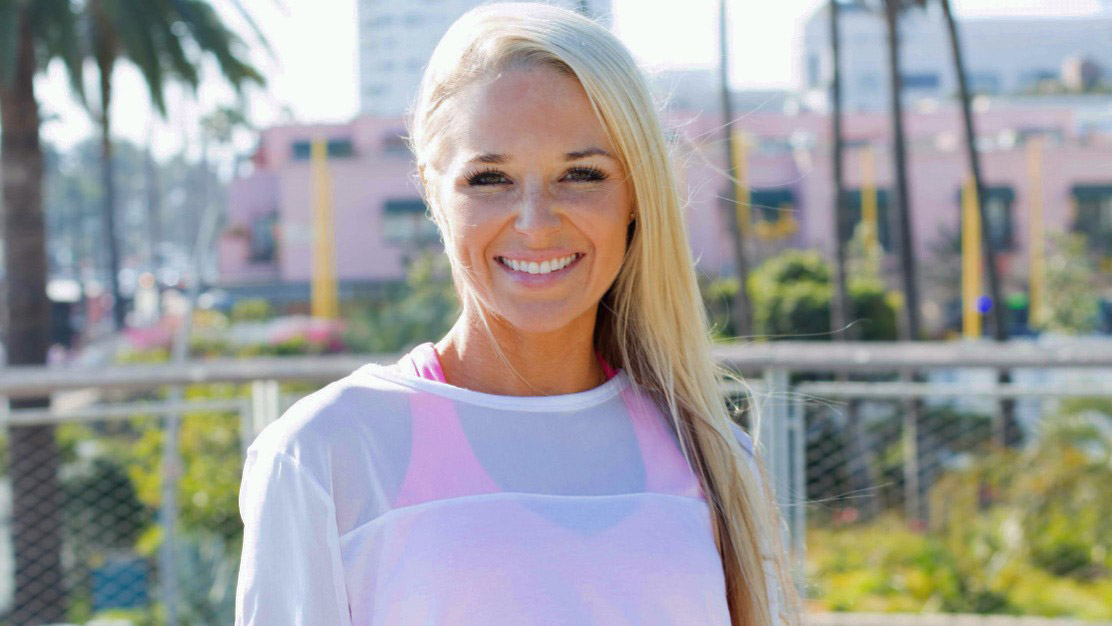All Categories

Coaches know that the foundation of a good fitness regimen relies on solid and sustainable lifestyle habits. If your clients are serious about building life-long fitness habits and maintaining their health — and you’re serious about getting them there — you’ll want to consider offering a bit more than training sessions. Understanding your clients’ holistic health can give you a better sense of their starting point, so you can refine your acumen in creating personalized fitness plans.
The benefits of marrying health coaching and fitness coaching don’t end there — here’s how to get started with offering a comprehensive approach to your clients’ wellness.
Once you lock down a client, you’ll want to complete thorough assessments of their overall health to get a clear view of their physical, emotional, and lifestyle habits. Looking at the big picture means you’ll be able to provide a more comprehensive and supportive approach to their well-being.
So what does that look like in practice? You’ll want to evaluate their fitness levels, body composition, physical limitations, mental health status, sleep patterns, nutritional habits, and daily routines to understand your clients’ overall lifestyle. That way, you can tailor their fitness regimen and schedule to best work for their lifestyle. And that means, they’ll have fewer barriers to entry and a higher chance of sticking to your scheduled sessions and reaching their health goals faster.
Good nutrition is at the cornerstone of a successful fitness plan. After all, food is fuel — and it’s imperative that your clients understand how the way they eat affects their fitness goals.
Getting a nutrition coach certification and becoming a Certified Nutrition Coach (CNC) can equip you with the starter education you need to create meal plans for your clients as an added service. You can obtain this certification through NASM, the same organization from which you may have gotten your CPT. It’s a self-paced online program that you can complete in as little as four weeks, after which you’ll take an online exam.
Becoming a Certified Nutrition Coach can level up your business because you’ll be able to provide your clients with a holistic fitness and nutrition plan that they can follow along with to reach their goals and sustain them. In addition to building out meal plans according to their specific goals, you’ll also feel educated to help them differentiate between fad diets and sustainable eating plans and be able to teach them how to build life-long habits they can confidently stick to.
CPTs are all too familiar with how, sometimes, training sessions can turn into a therapy session. Clients often feel comfortable opening up and sharing about personal challenges they’re going through, and that’s a good thing. You can leverage your clients’ trust in you to help them seek the help they need.
According to a 2020 study in the journal BMJ Open Sport & Exercise Medicine, coaches should be trained to identify certain mental health symptoms that may need attention as well as encourage clients to seek help.
As a trusted coach, you’ll want to stress the importance of mental health. While regular exercise is scientifically proven to help boost mood and self-esteem, becoming too obsessed can sometimes create an unhealthy relationship with fitness. Make sure to check in with your clients from time to time, and hear them out — that way, you can catch any potential warning signs and direct them to an appropriate health professional.
Virtual coaching allows you to tap into your clients whenever and wherever they are. That means you can sneak in a session when either you or your client are working remotely or you can schedule regular check-ins to keep tabs on their progress and provide that extra motivation.
Plus, adding virtual coaching to your business means you’ll have access to a wider range of clients outside of your geographical area.
About April Benshosan
April is a writer, editor, and content strategist with a Master’s degree in Publishing. Her work highlights her passion for responsible health journalism, and she’s been published in print and digital outlets, including Women’s Health, EatingWell, SHAPE, Well+Good, LIVESTRONG.com, Health.com, Abbott, and more.
Powering the Business of Health, Fitness, and Wellness Coaching

By Robert James Rivera

By Elisa Edelstein

By Robert James Rivera

By Elisa Edelstein

By Elisa Edelstein

By Ruben Pereyra

Powering the Business of Health, Fitness, and Wellness Coaching
